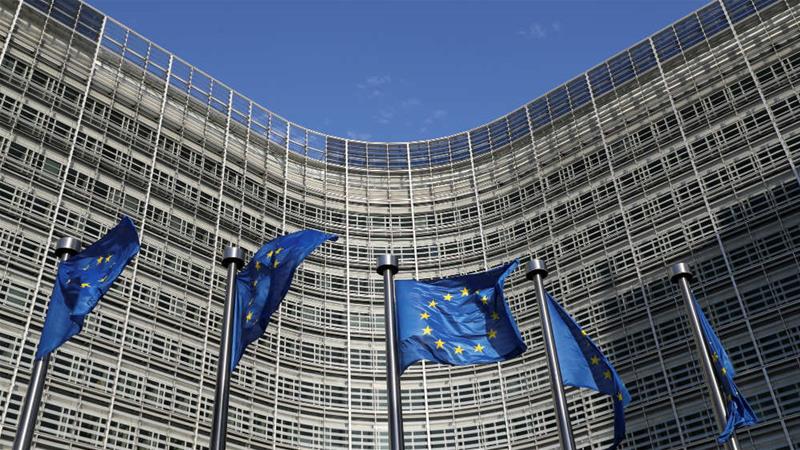By Andreas Theophanous
Health conditions and economic circumstances in most third countries have been worse than those of EU countries even before the pandemic.
One of the questions that arise is whether the EU could play a role in addressing these challenges.
Some would argue that the EU should try to play a leading role in international affairs offering external solidarity.
Others, however, would point out that before investing in external solidarity, the EU should show internal solidarity first.
Cypriot public opinion principally aligns with the second point of view. Furthermore, there is a broad consensus that internal solidarity is a necessary condition for external solidarity.
Most Cypriots also think that before the EU assumes a major global role much has to be done to recover its credibility, internally and internationally.
Unavoidably, the record of each country and its own circumstances affect the discussion that takes place.
Even before the COVID-19 crisis, there was a debate in Cyprus about the potential role of the EU as an international actor.
But this debate, including the domain of constructive engagement in third countries, has not been a priority; not because there is lack of concern for developmental aid to third countries but instead due to the perception that the Union cannot act as a major international actor in its current form.
During the accession negotiations, polls indicated that Cyprus had the strongest pro-EU sentiments.
This was also associated with high expectations that, in the end, did not materialize.
Since 1974, Turkey occupies 37% of the territory of the Republic of Cyprus and pursues an ambitious a policy of colonization.
In recent years, Turkey has been facilitating the flow of refugees and economic immigrants into the government-controlled areas of Cyprus.
The socio-economic cost for Cyprus is very high.
Yet, internal EU solidarity on this issue has been lukewarm.
Furthermore, in 2013 when Cyprus faced a huge economic crisis, the treatment by the Troika was harsh.
Cypriots learned the hard way that there is a huge solidarity deficit in the EU. They would like to see a stronger Union playing a constructive role at all levels, including engagement in the broader Middle East.
Cypriots are convinced that such a course of action will have a stabilizing effect in the broader area and that also major European objectives and principles would be served.
But they believe that in order to achieve these goals the EU must first deepen integration and also address effectively the internal structural problems and imbalances.
This is a noble objective, but there is a long way to go.
The writer is President of the Cyprus Center for European and International Affairs and Head of the Department of Politics and Governance, University of Nicosia










